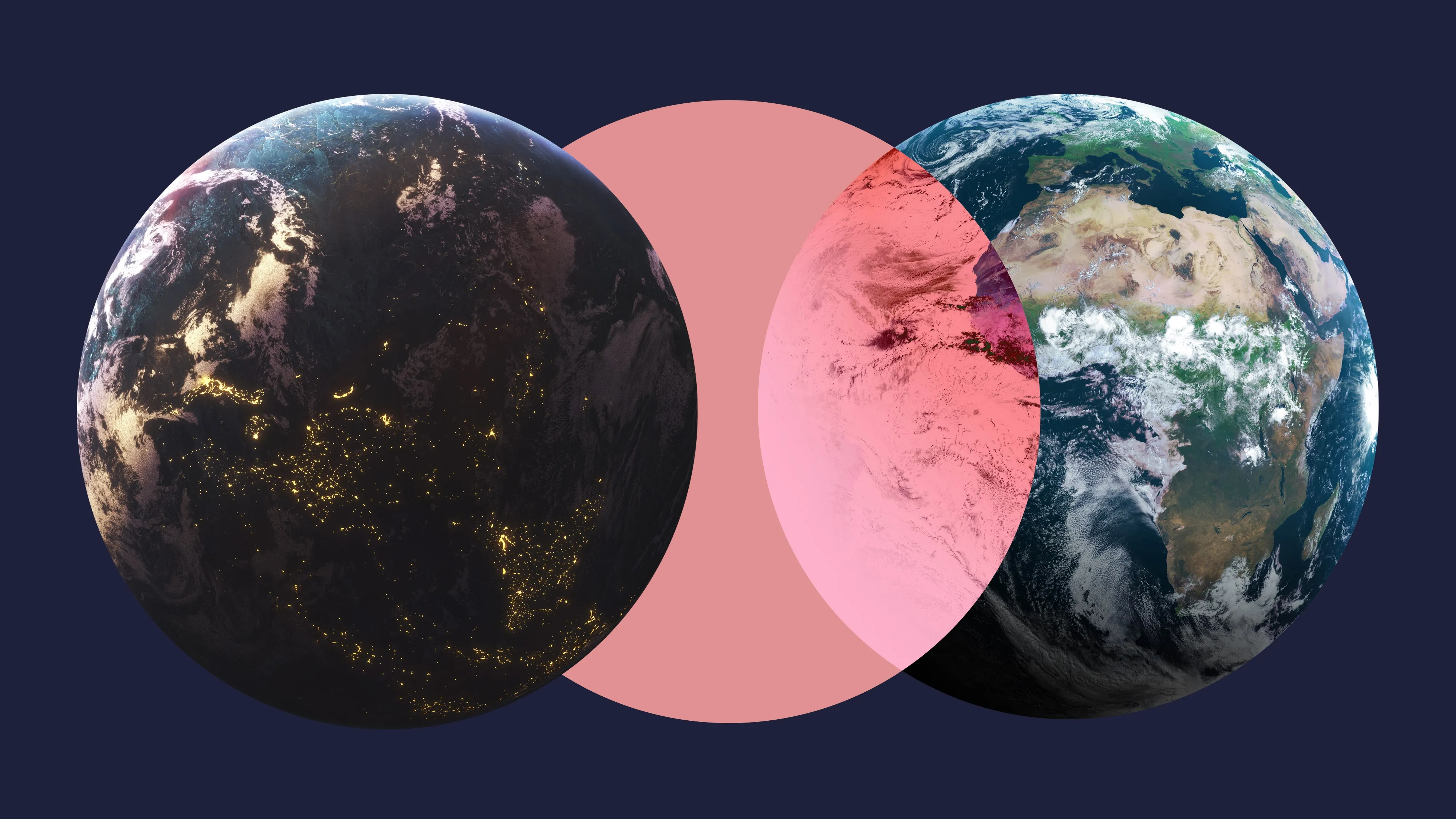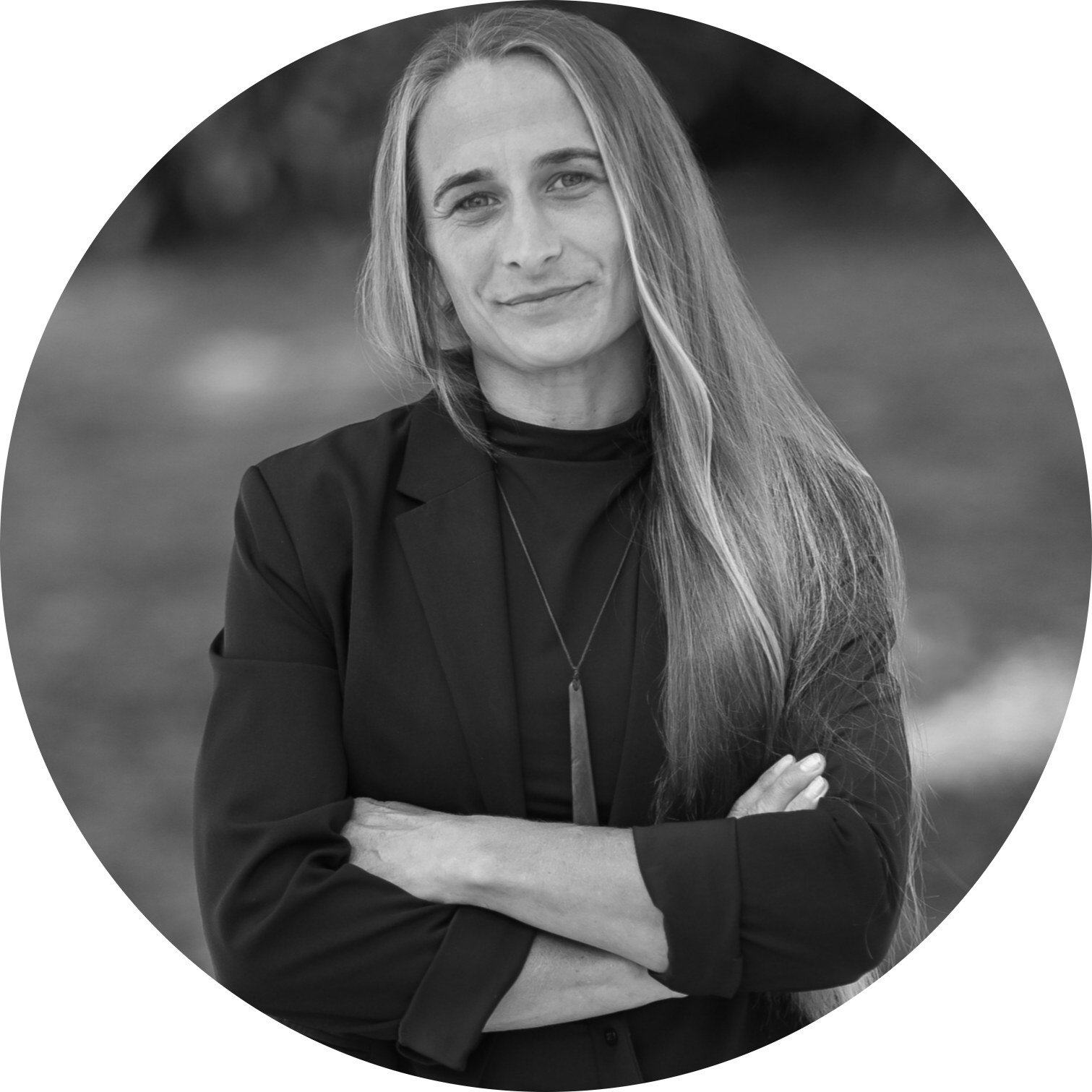Stephanie Croft brings over a decade multidisciplinary expertise across information science disciplines spanning geographical information systems (GIS), open source intelligence (OSINT), earth science, and design visualization.
As current Research Fellow and former Director of the Human Rights Investigations Lab at UC Berkeley School of Law (2019-2023), she led digital investigations published by major news outlets including The New York Times, Washington Post, and Associated Press. She specializes in using geospatial data for open source investigations, tracing cross-border supply chains, and mapping opaque networks.
Stephanie has trained professionals from law enforcement, humanitarian organizations, media outlets, and legal institutions in United Nations Berkeley Protocol standards for online digital open source investigations, working with organizations including Interpol, The Organisation for the Prohibition of Chemical Weapons (OPCW), The Independent Investigative Mechanism for Myanmar (IIMM), and The European Center for Constitutional and Human Rights (ECCHR).
Her investigative work extends to institutional accountability and environmental security. As an Investigations Analyst at Greenpeace's Global Tuna Campaign, she investigated forced labor at sea, co-authoring the "Misery at Sea" report. Her research has informed policy discussions at the U.S. State Department, European Commission, and United Nations.
Her career began at the International Center for Tropical Agriculture in Cali, Colombia. She has previously worked in regional government in her native New Zealand, conducted analytical work for civil and criminal litigation, and provided design visualization services for both public and private sectors.
Stephanie holds an MSc in Geographical Information Science (Vrije Universiteit Amsterdam), a BSc in Earth Sciences (Universiteit van Amsterdam), and a graduate certificate in political science (Massey University).

